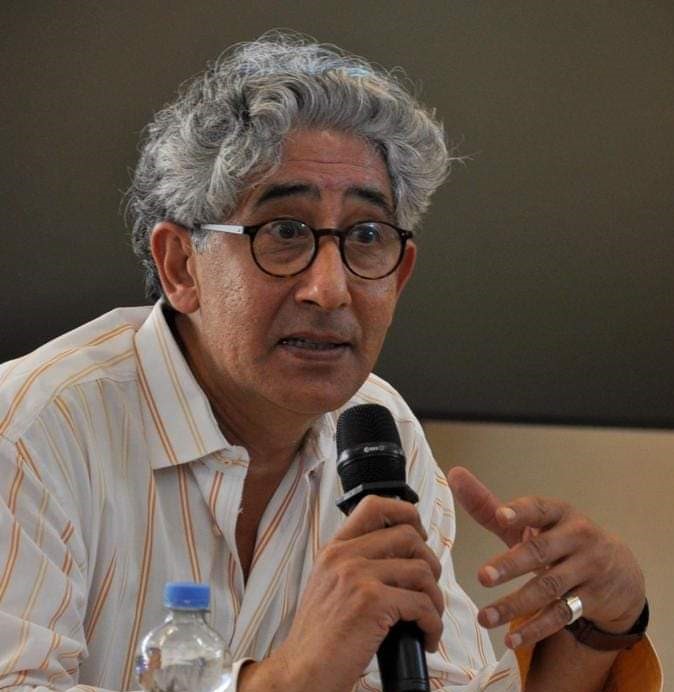 By: Dehqan Zahma
By: Dehqan Zahma
Common man: I live abroad, and even though I know that I should forget Afghanistan, my intelligence and attention is towards Afghanistan. I don’t know how to calm down?
Historian: Yes, everything we said in the past weeks was about Afghanistan. What should we do? Love for the homeland and forced migration… I have not slept well since I left Kabul.
Observer: War and immigration are the most important features of our era. The Mediterranean Sea has become a graveyard for refugees. European iron walls and human rights…
In this regard, I remembered the words of a thoughtful lady: she said that human rights should be for those who are deprived of any rights, but human rights only include the state of people who belong to the state, that is, people who are deprived of any rights, human rights. It does not include their status.
By the way, migration is very difficult especially for old people. If I’m not mistaken, Zalmi Babakohi wrote years ago that: “You get ripped off without being ripped off.” This sentence of his is engraved in my mind, because I recovered myself in it. And what about love for the homeland? We need to talk about this.
Historian: If you ask my opinion, love for the homeland is very natural. Every person loves his country.
Common man: Yes, they say that even animals and birds love their homeland and defend it, but in Afghanistan we had a lot of traitors. Who was it who said: Let this homeland become my homeland.
Observer: How beautifully he said it. And if love for the homeland is natural, then why did we have and still have so many traitors. Animals, without exception, instinctively defend their home to the death. But man has awareness and is a cultural being. Master, you know more about this.
Historian: Thanks, patriotism has always existed. Common history, common language, and common destiny make us feel for our hometown. It is a pity that they destroyed the real patriots in Afghanistan. Whoever came to power was a betrayer and traitor to the country.
Common man: Let me speak my mind: Afghan people love their family first and then their people. Ethnic enmity and ethnic supremacy burned the roots of Afghanistan.
Observer: So, let me speak my mind: I cannot differentiate between “true patriot” and “unreal patriot”. Afghan Marxists always talked about “real” and “unreal” Marxists, and until now it was not known who among them was a real Marxist. And about homeland: For me, homeland is specific people and places with whom I have an emotional relationship. For example, my lovely friends in Kabul or the alley of memories and my childhood are my homeland. Murad Khani is my homeland, the faces that were lost forever are my homeland
And I ask myself, how can you love people you don’t know at all? In a world where neighbors are hostile to neighbors.
Historian: I said that common language and common destiny creates an emotional relationship between people. We know that Afghanistan has never been a nation. The nation-building project also failed due to the intervention of foreign countries and ethnic supremacy in Afghanistan, and finally Afghanistan was conquered by the Taliban with the help of foreign powers.
Common man: My friend used to say in Kabul that “nation building” in Afghanistan was initially a project of foreigners, especially Americans, and later they gave up on this project during Obama’s presidency. And as for handing over the big cities and Kabul to the Taliban, I must say that it was a big scandal. More than five million people live in Kabul. The Taliban came with twenty thousand fighters and Kabul was handed over to them. More than this was not expected from people who sold themselves in the army and politics in Afghanistan, but I wish two hundred thousand people would wear shrouds and sleep in the streets instead of running to the airport. Maybe our fate does not lead to this scandal. What a generation…
Observer: Well, everyone has the right to save his life. I don’t like judging; I don’t want to be a judge. It is said that during the period of bloody rule, Robespierre was a judge in France who woke up at night and shouted: I want to issue a verdict, I want to judge…
But I have to say that it was very sad for me too. I could not leave my bed for a whole week. Let’s go back to the topic we talked about at the beginning: patriotism.
Dear master: How is it possible to share a common destiny with people whom we have never seen or known, and consider our economic and political interests to be the same as theirs? This is my main question.
Historian: If you mean social gaps and differences, I must say that this gap is filled by imagination and visualization and most importantly by love for the nation.
Observer: Ah, you said the main thing. I am glad that you made a difference between “homeland” and “nation”. You have pointed to the center of our topic, that is, through imagination, visualization and false feeling, which is instilled in us through power and political-cultural institutions, we associate ourselves with a group we never know and think we share the same fate. And finally, we melt into that false totality. And we consider this kind of national consciousness, which is the result of a political and cultural process, to be natural. You mentioned the failed nation-building project in Afghanistan. Well, it follows from the “nation building” project that the nation is not a natural phenomenon, but is built, but in my opinion, it is built under specific social and economic conditions. In Afghanistan, the nation-building project became fashionable among the so-called intellectuals, but very few people thought about its social and economic preconditions in Afghanistan. And some people thought that since the nation is built, it is possible to build a nation in the Amazon forests.
I have to point out another point: in my opinion, love for the nation is destructive.
Common man: A question: What does false generality mean?
Historian: Why do you consider love for the nation destructive? Please don’t say this everywhere so that…
Observer: So as not to be known as a traitor. We people are looking for excuses and Defaming others. If we have nothing to say, we tell the opponent that his nose is crooked.
Let’s talk about love first. A lot has been said and written about love. We all know the story of Laila and Majnoon.
Don’t you think that love for a person or a “thing” removes the necessary distance from that person or that “thing” that is necessary for recognition?
Historian: It is interesting, but I did not understand your intention correctly. continue.
Observer: I apologize for talking too much today. His Majesty Hegel has said that…
Common man: I don’t know him, who is he?
Observer: It is not important, not everyone should know him. Let me finish. He said – and this is completely true in my opinion – that in order to think, it is necessary for a person to distance himself from his subject. He wanted to teach young people that the prerequisite for thinking is not only distancing from the subject, but they must first be alienated from the subject of knowledge, that is, only by distancing from the subject can we achieve correct knowledge.
Common man: Are you saying that love, especially love for the nation, blinds us?
Observer: How simply you said my heart. A nationalist can never know his nation properly, because he looks at the historical past of his country through national glasses.
And once again about “love of the nation”: the First World War would not have been possible unless the national governments in Europe whipped the national feelings of the people. With the end of the war, tens of thousands of wounded and disabled people returned home, and most of them boasted that they were murderers. And the one who had lost his leg in the war, his wooden leg was a source of pride for him.
I talked a lot, now it’s your turn…



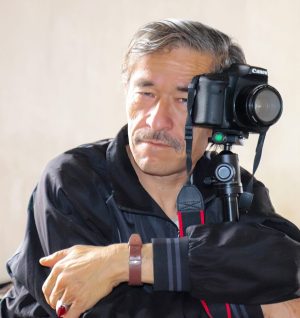

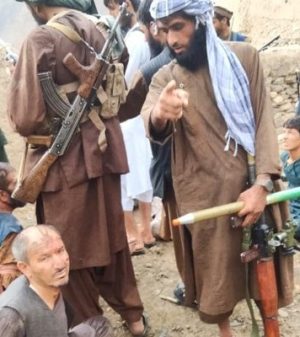
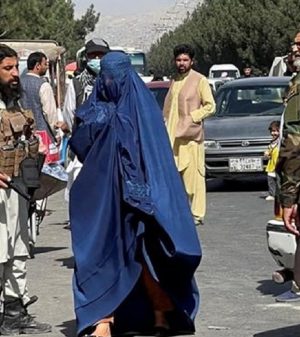
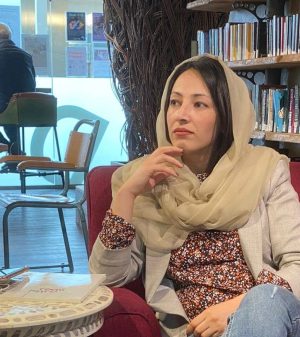
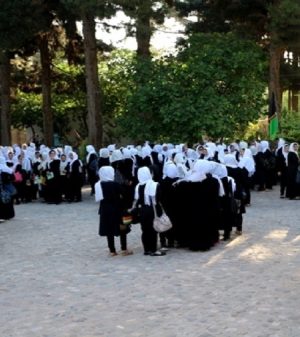
Add Comment